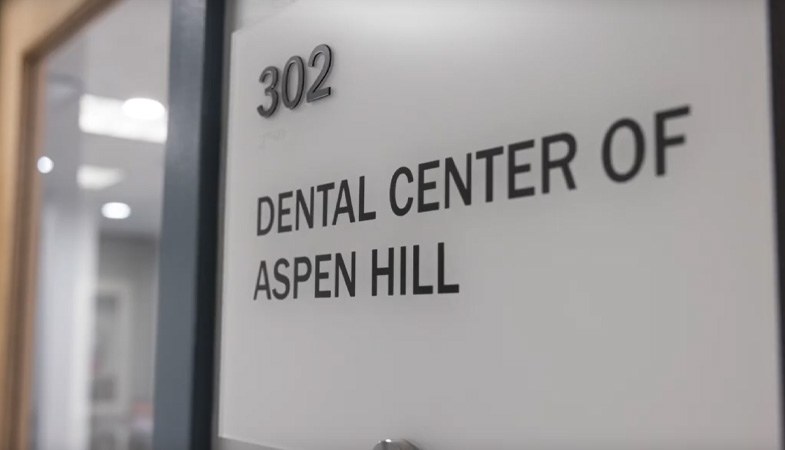You’ve probably heard of sleep apnea and TMJ disorder, but you might not be entirely clear on how they work or what treatment options are available. At Exceptional Dentistry, we’re here to address any questions or concerns you may have. For your convenience, we’ve provided answers to some frequently asked questions from patients dealing with sleep-disordered breathing or chronic jaw pain.
How Do I Find the Best Place for Sleep Apnea & TMJ Treatment?
To find the best place for sleep apnea and TMJ treatment in Aspen Hill, look for a practice with specialized experience in treating these conditions. Check that the provider is certified or has advanced training in sleep medicine or TMJ disorders, as well as memberships in professional organizations like the American Academy of Dental Sleep Medicine.
Read patient reviews to get a sense of the quality of care and look for a practice that offers a range of treatments, from oral appliances to lifestyle recommendations. A personalized approach is key to effective, lasting relief.
How Much Does a Sleep Study Cost in Aspen Hill?
The cost of a sleep study in Aspen Hill can vary widely depending on factors like the type of study, location, and insurance coverage. Many insurance plans may cover a significant portion of the cost if the study is medically necessary and prescribed by a physician. To get an accurate estimate, it’s best to check with our practice and consult with your insurance provider.
What Do You Do If You Can’t Afford Care?
If you’re unable to afford sleep apnea and TMJ treatment, there are still options to get the care you need. First, check if your dentist or sleep clinic offers payment plans or third-party financing options, which can break costs into manageable monthly payments.
Additionally, many insurance plans offer some coverage for sleep apnea treatments, and medical insurance might cover part of the cost for medically necessary treatments. You can also explore home remedies or lifestyle changes, like adjusting sleep positions and managing stress to help alleviate symptoms.
Can I Treat TMJ Disorder Myself?
You can try several at-home methods to help ease the pain caused by TMJ disorder. For instance, switching to a soft food diet can reduce strain on your jaw muscles. Gentle stretching and massage of the jaw area are also helpful for relieving tension. Applying an ice pack to the affected area can further soothe discomfort. However, while these remedies may provide temporary relief, they’re no replacement for a professional diagnosis and treatment plan to address the underlying causes of your TMJ disorder.

















